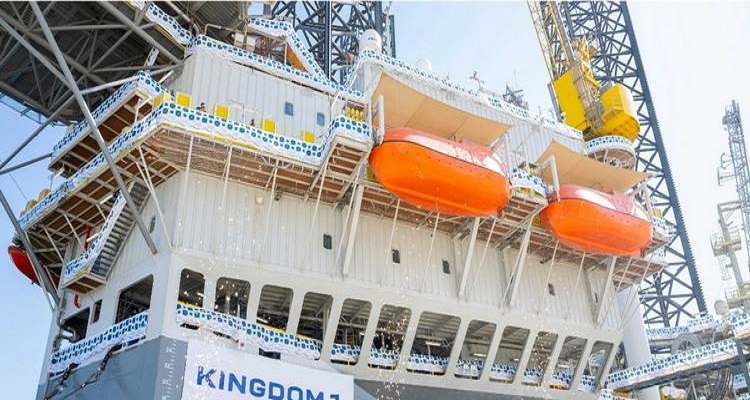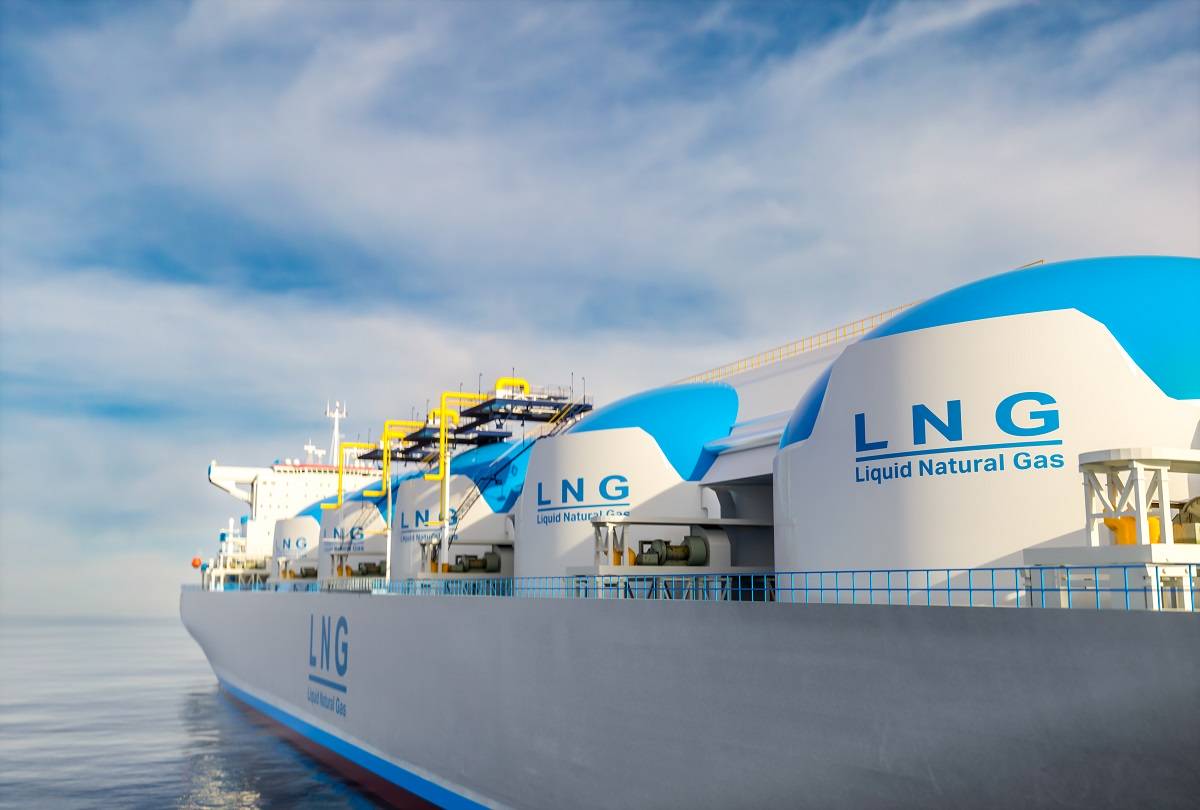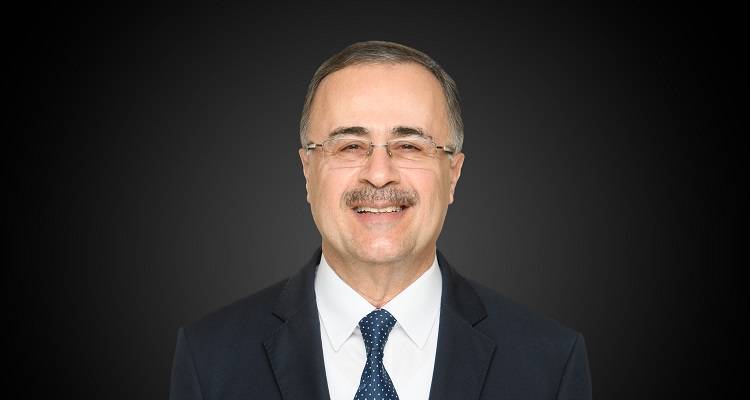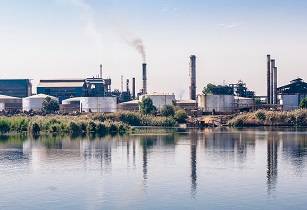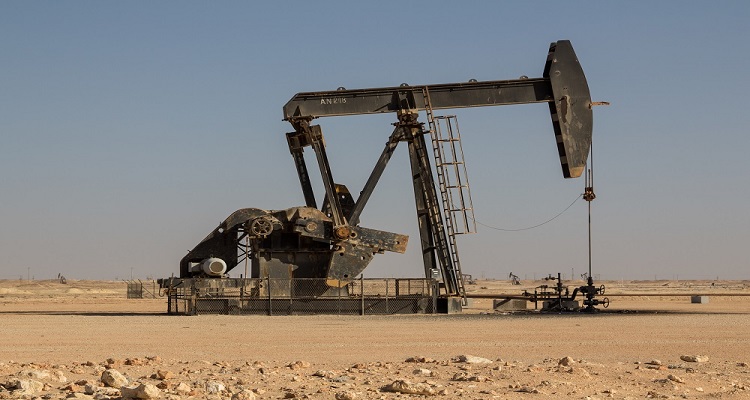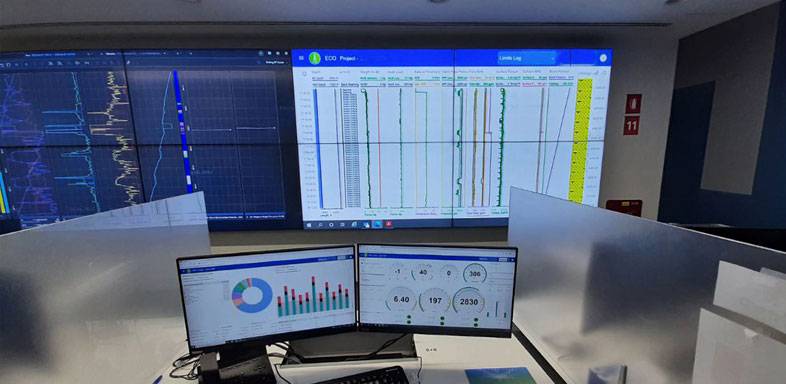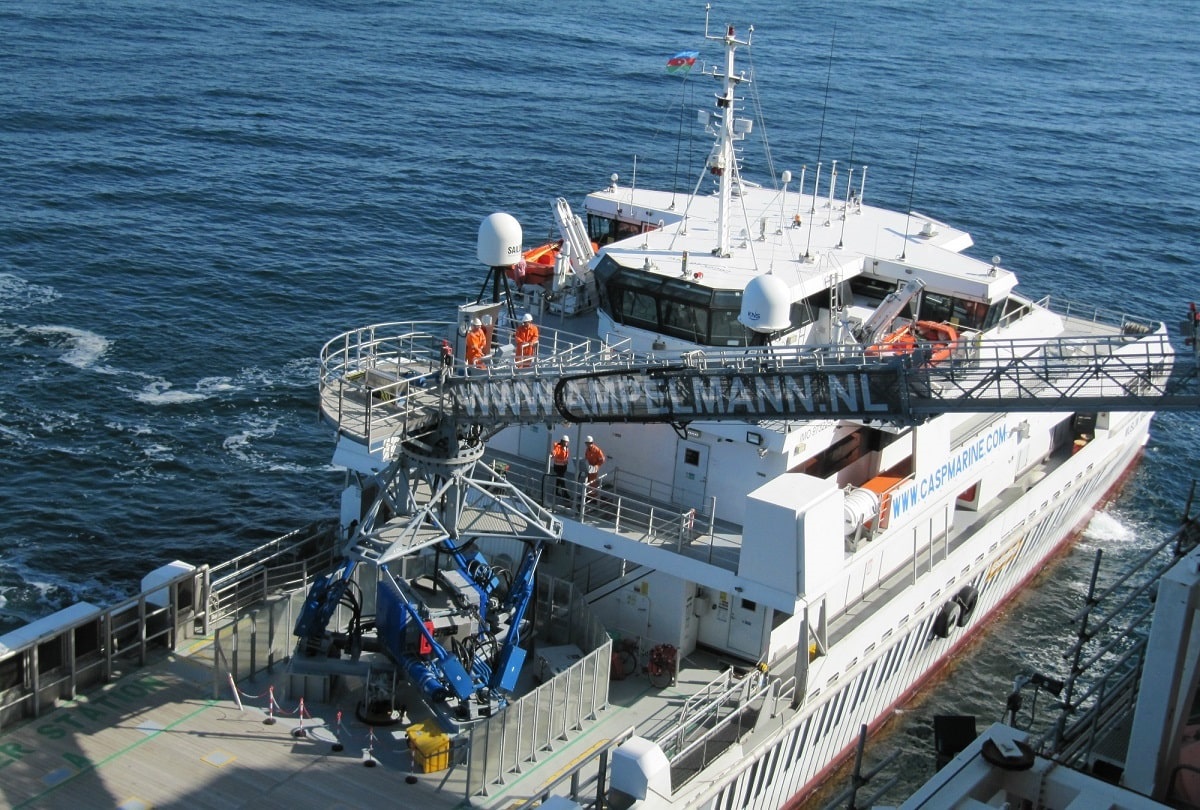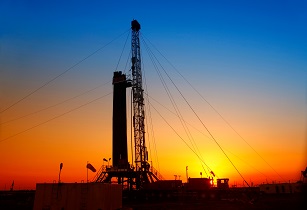Brent crude oil will end 2018 above US$75 a barrel, the highest year-end price in four years, according to 59 per cent of 200 energy industry executives polled by the GIQ
Small pools of eight per cent were less optimistic and expected the price to fall below US$65 over the coming months.
About 81 per cent of those polled felt that The Organisation of Petroleum Exporting Countries (OPEC) should extend its current agreement with non-OPEC countries to curb supplies by a total of 1.8 mmbbl a day for a third year into 2019.
The OPEC secretary general Mohammad Barkindo said ahead of the polling that OPEC and non-OPEC countries aim to agree on a framework for long-term cooperation by December 2018. “Our determination is to institutionalise this cooperation and to get the permanent framework hopefully by December.”
The Brent crude oil has stabilised below US$80 for the past week. The US President Donald Trump demanded the OPEC to “get the prices down.”
About 58 per cent of the respondents reported that the reintroduction of unilateral US Sanctions on OPEC member Iran in November will prove to be the biggest factor destabilising oil markets over the next six to 12 months. While 35 per cent of the respondents said that the growing trade war between China and the US could be the source of greatest supply disruptions over the next year.
“We anticipate a decline in demand mainly driven by the trade dispute between US and China but also monetary policy normalization which will affect global growth,” said Dr Fahad Al Turki, chief economist and head of research, Jadwa Investment, who also participated in the Survey. He added, “All this will potentially reflect on oil prices. We’re looking at US$68 (average) for this year and US$73 for 2019.”
The Declaration of Cooperation is an alliance between the 25 OPEC and non-OPEC countries formed in 2017. It aims to bring compliance to 100 per cent to achieve the target of curbing 1.8 mmbbl a day and stabilising prices.










